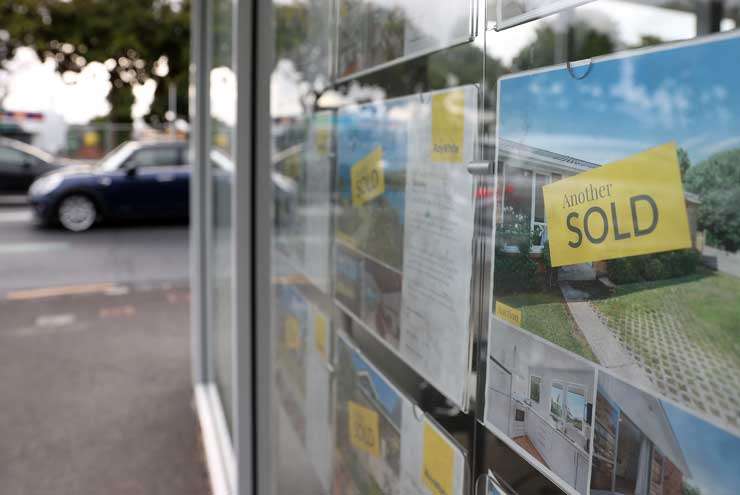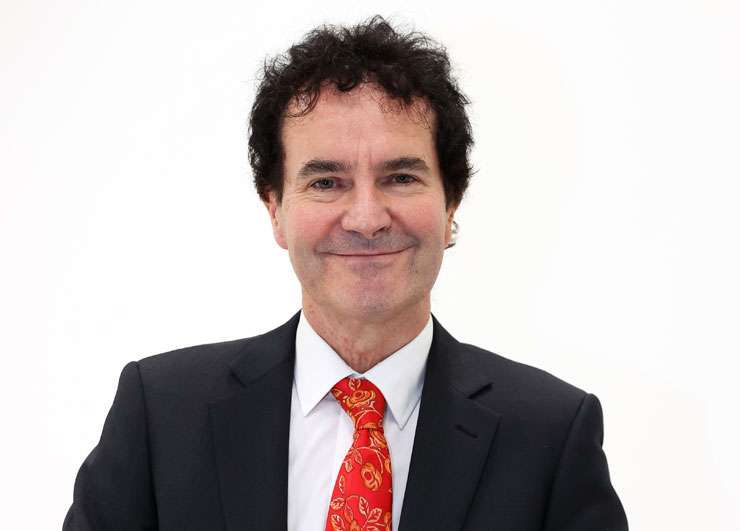Seventeen months ago we went into lockdown for an unknown period. Anticipating a deep hit to the economy from being unable to work, having the borders closed, and exercising deep caution about our spending, investing, and hiring because of a global pandemic, we all made some fairly dire predictions. House prices were supposed to fall 15% or so, the unemployment rate rise to 10%, inflation plummet, and the economy to take 3-4 years to get back to its previous size.
But after falling just 3%, house prices subsequently soared 34%. The unemployment rate only rose to 5.2% and now sits back at its pre-covid 4%. Inflation has jumped to 3.3% and is set to soon exceed 4%, and the economy grew bigger than its pre-Covid size within six months.
What we learnt last year was that a global pandemic and lockdown causes us to do certain things. Assisted by record low interest rates, wage subsidies, good export prices, and lockdown savings we dive into assets such as shares and housing. Then businesses dive into hiring people.
Which brings us to our latest lockdown and to the risk of further lockdowns until we achieve a very high vaccination rate. The Government has responded by providing a new wage subsidy and business assistance. The Reserve Bank has responded by not raising its official cash rate from 0.25% to 0.5% or 0.75% as was universally expected before we learnt of the latest outbreak.
Start your property search

The Government still has house prices in its sights. Photo / Fiona Goodall
Interest rates are going to remain at low levels for perhaps another six weeks. This is a significant development because of the role low borrowing costs and bank deposit rates have played in encouraging people to not sell property and to seek more. But is it reasonable to think that once again prices will ease off but then soar another 30% or so? No.
The Reserve Bank made clear in its comments on Wednesday that it sees a strong need for higher interest rates because the economy is growing beyond its capacity. Once the health situation has “settled down” again, they will then commence a series of rate rises which they now anticipate will add up to at least 1.75% rather than the 1.5% worth of rate rises projected back in May.
Borrowers can still anticipate rising interest rates – but they’ve been given perhaps a few extra weeks to lock in some fixed rates to provide some protection against what the Reserve Bank will do. In that regard, something important should be noted. Our central bank has a record of taking interest rates to extremes. They took them very high in the last tightening cycle from 2004-07, largely because they were tardy in applying restraint. They took them very low last year and have kept them too low for too long and now need to engage in a period of catch-up policy reversal. But this tightening has been delayed, and that increases the chances that ultimately people’s floating and one-year mortgage rates don’t just rise 1.75%, they rise 2.0% to 2.5%.

Tony Alexander: “Our central bank has a record of taking interest rates to extremes.” Photo / Fiona Goodall
The underlying fundamentals for our housing market over the one-, ten-, and 30-year periods strongly point towards a slowing pace of house price gains. That is what last week’s layer cake analogy was about. But for now the housing market still has firm momentum and will receive a little bit extra interest rates stimulus for a little bit longer.
That is likely to be a problem for the Government because much as recent media headlines have focussed on a decline in the annual rate of change in house prices, the monthly change has lifted. Using the REINZ’s nationwide House Price Index, we can see that after rising only 0.5% in April house prices lifted 0.8% in May, 1.0% in June, and 2.4% in July. House price inflation recently hasn’t slowed – it’s accelerated.
In fact, average house prices have now risen 5% since the March 23 tax announcement. And instead of it taking 52 weeks for house prices to rise 0.9% as Treasury predicted in May, that rise was achieved in about the first ten days of last month.
If things continue down the path of firmly rising house prices, the Government is highly likely to again move against investors – perhaps early next year.
- Tony Alexander is an economics commentator and former chief economist for BNZ. Additional commentary from him can be found at www.tonyalexander.nz














































































